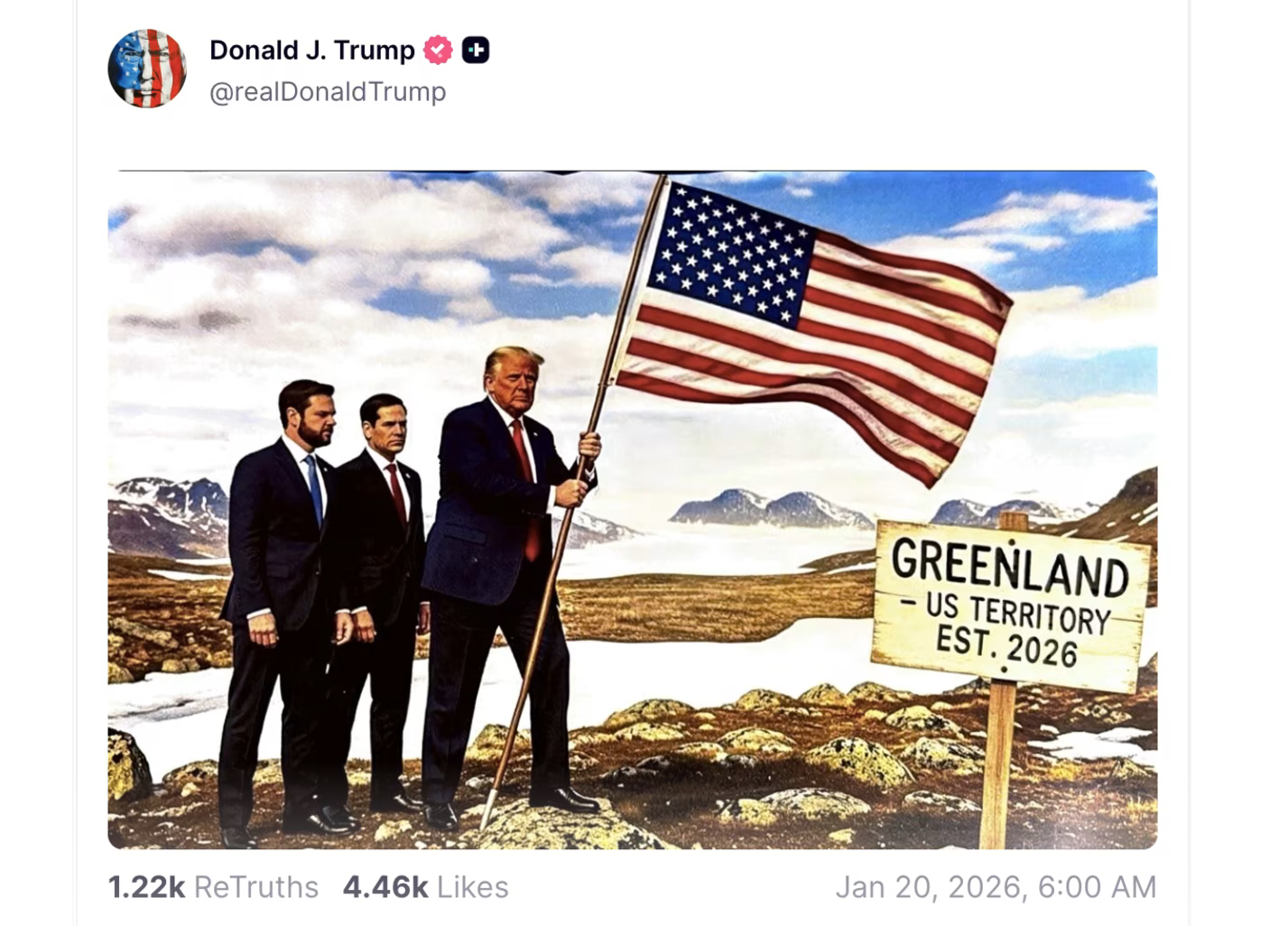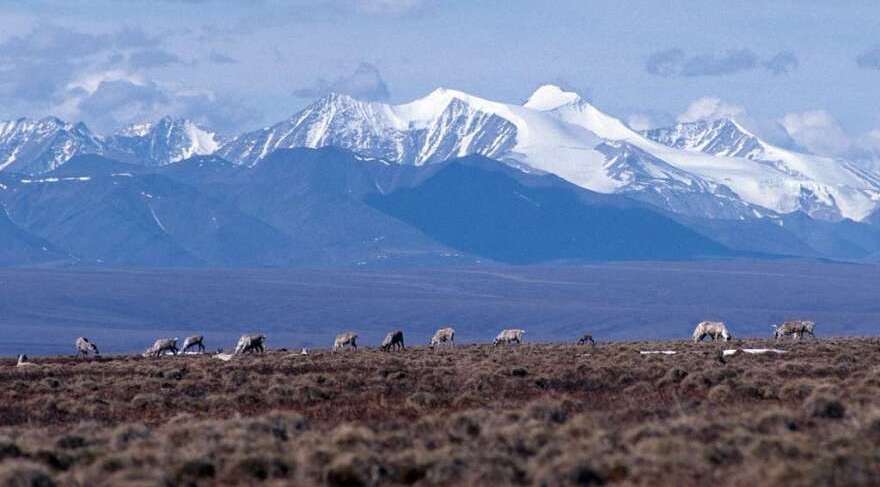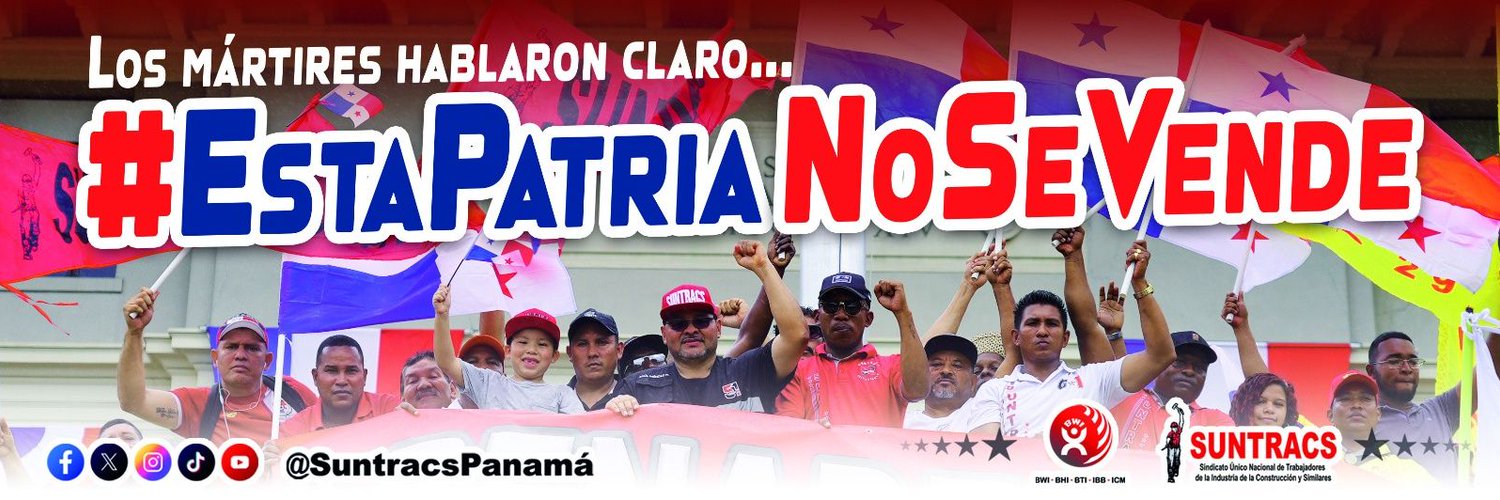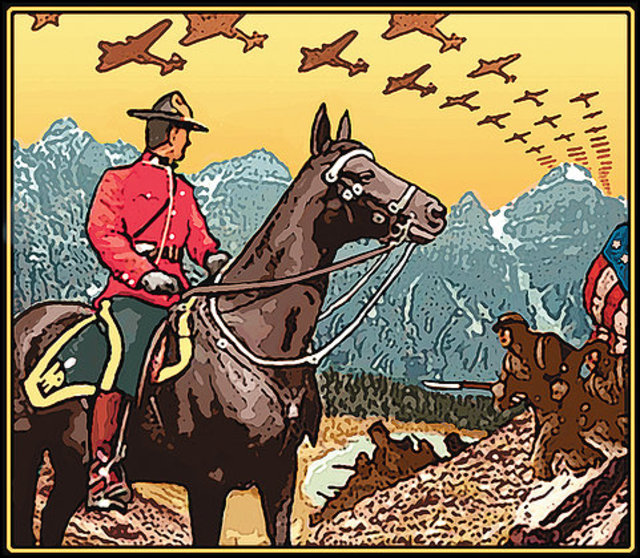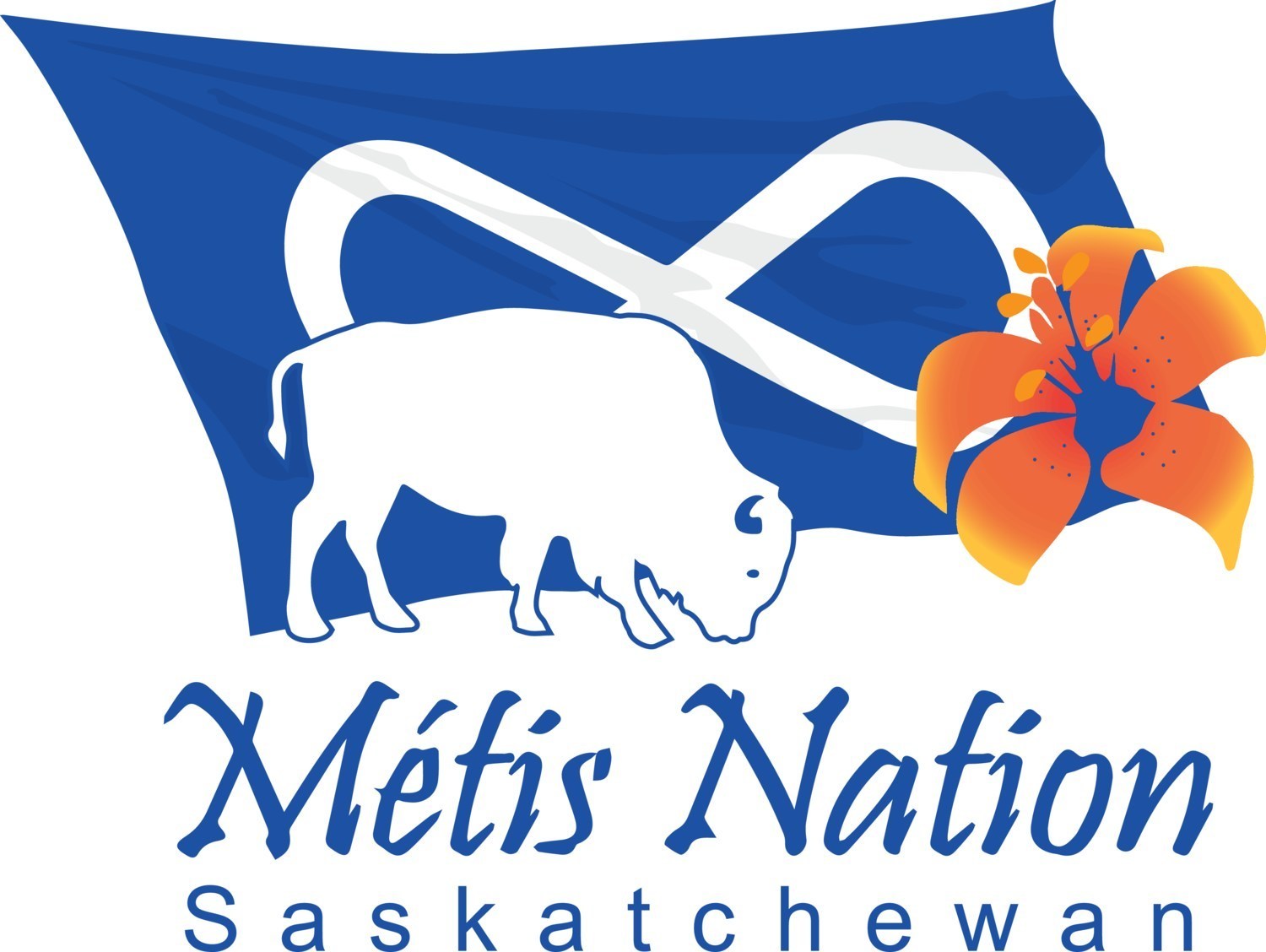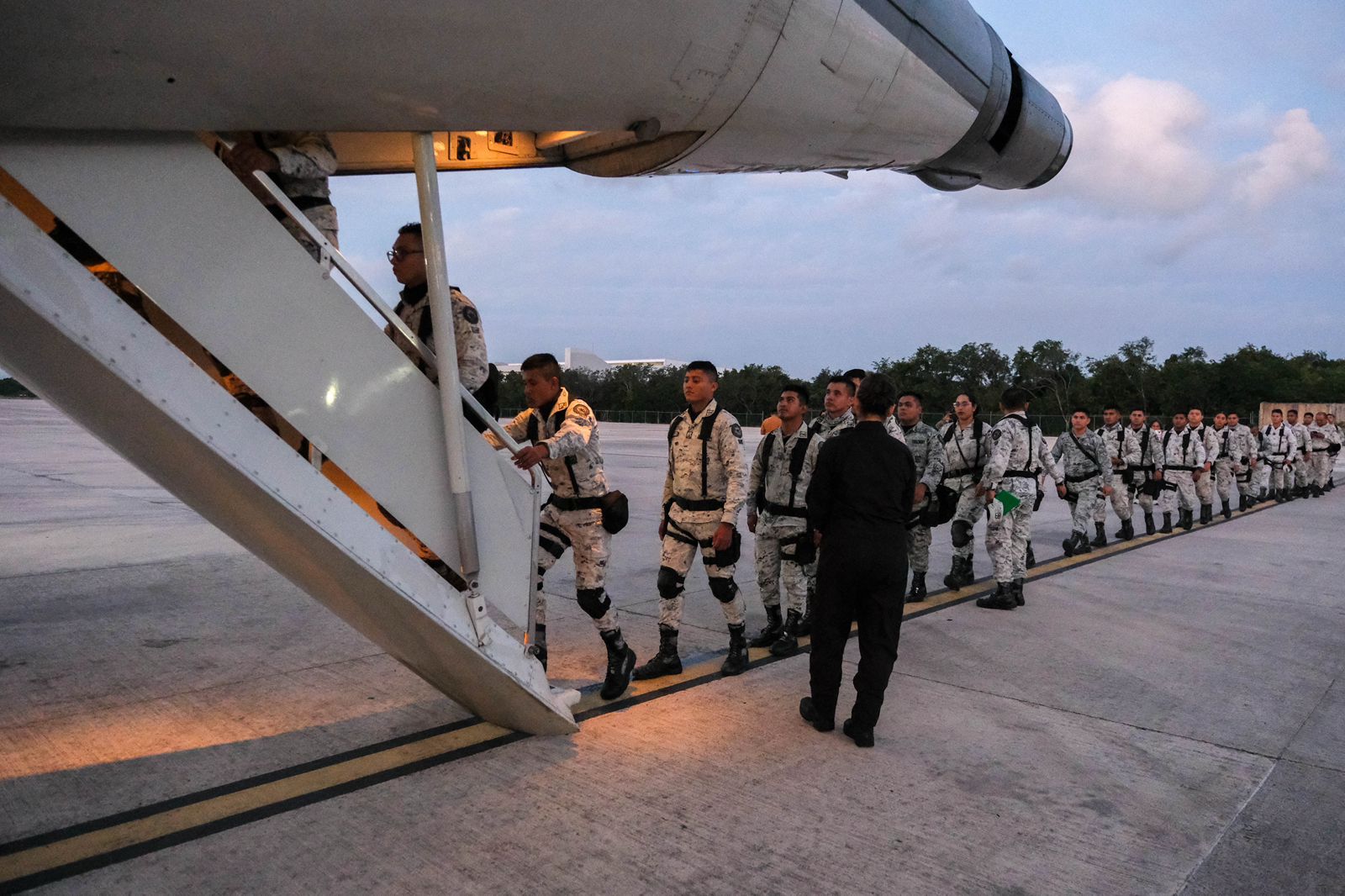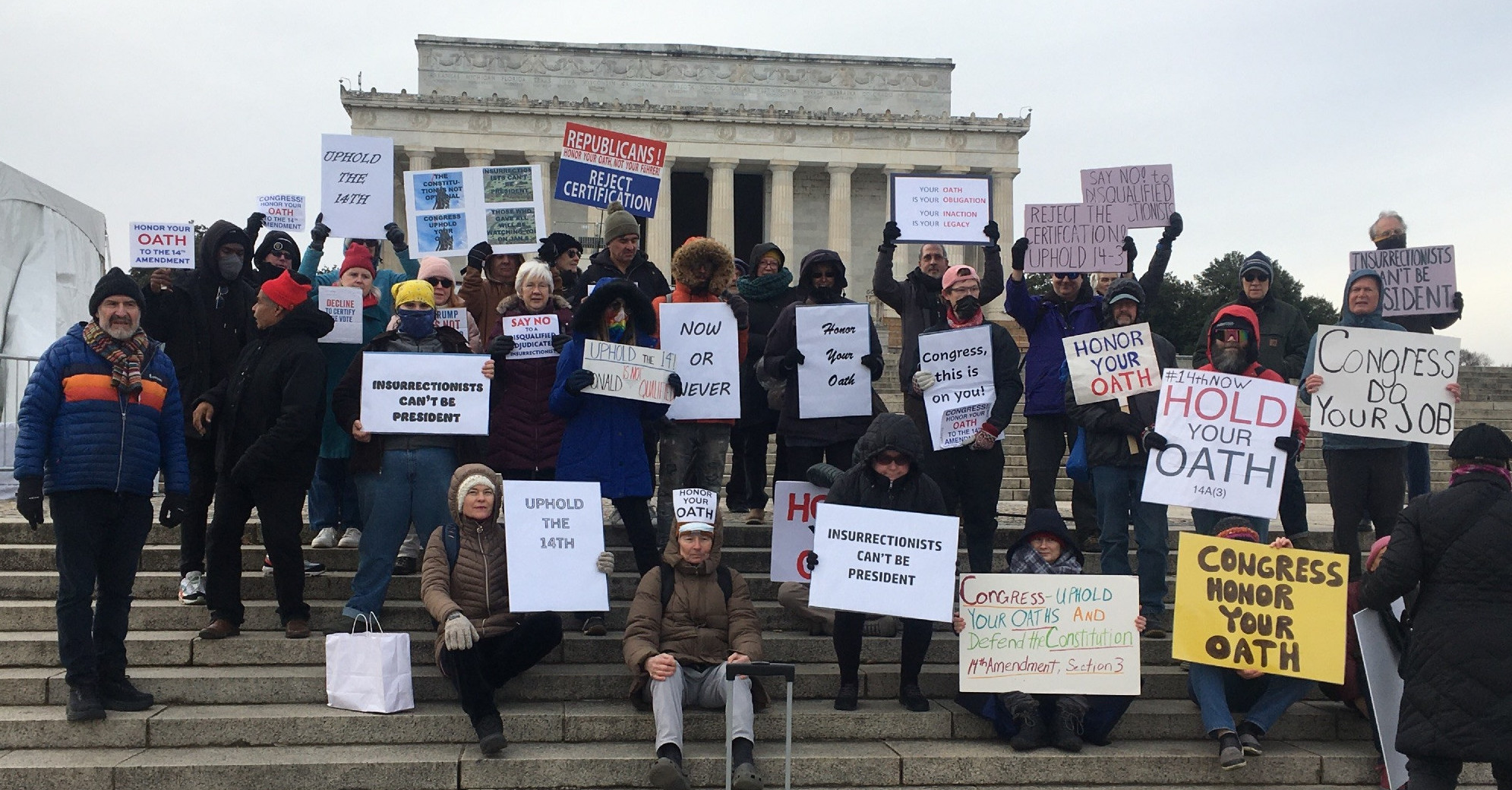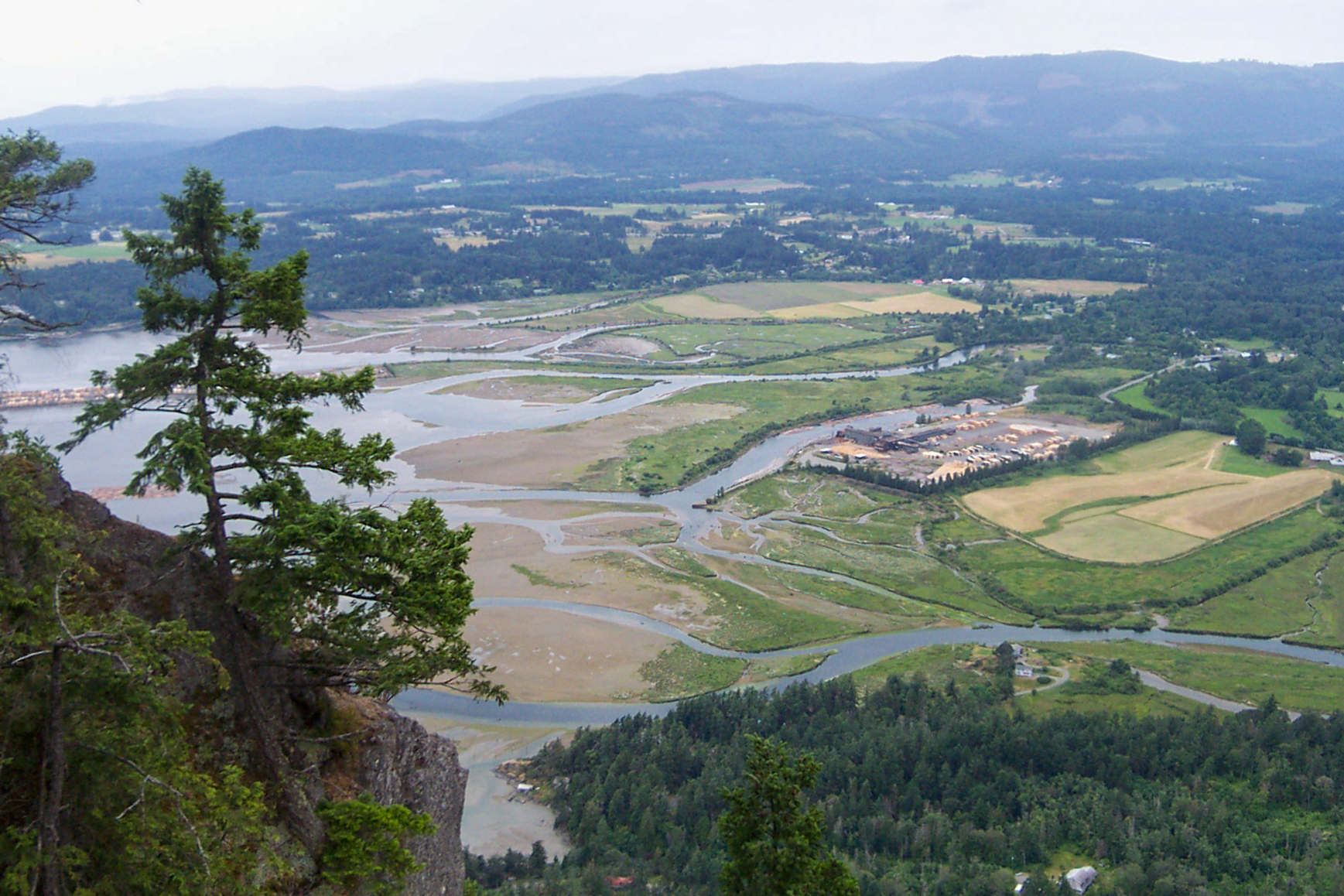
British Columbia: protest call to amend Indigenous rights act
The Law Society of British Columbia warned that the provincial government’s intention to amend the Declaration on the Rights of Indigenous Peoples Act (DRIPA) may erode judicial independence and improperly constrain the power of the courts. The proposed amendment would limit the role of the judiciary in matters related to DRIPA’s implementation, and follows two landmark court rulings upholding Aboriginal rights and title last year. The BC Supreme Court held in August that the Cowichan Tribes have established Aboriginal title in the city of Richmond, meaning that the province is obliged under the DRIPA to “reconcile” fee simple interests in the city with tribal authorities. In December, the BC Court of Appeal held that the provincial mineral tenure system—allowing registration of mineral rights online without notifying or consulting the Gitxaała and Ehattesaht nations—is impermissible under the DRIPA, which commits the province to upholding principles of the UN Declaration on the Rights of Indigenous Peoples. (Photo: Wikipedia)



